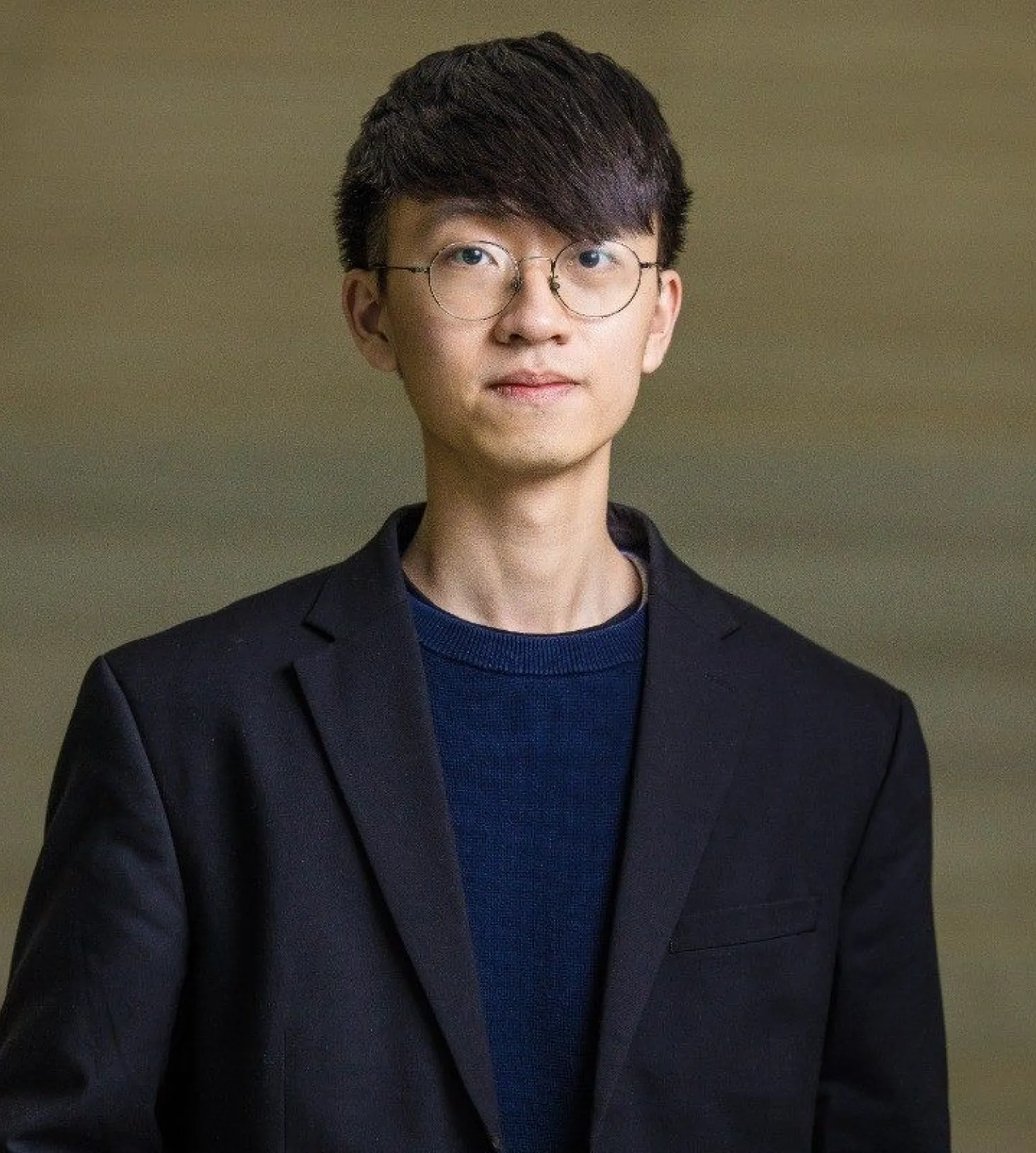Bosco has held research positions at numerous research associations and geopolitical consultancies, such as the Oxford Group on AI Policy (Future Impact Group), the Oxford China Policy Lab, and the International Team for the Study of Security Verona.
He is also the co-founder of The Oxford Computational Political Science Group (OCPSG) that promotes work at the intersection of computational methods and political science.
He spoke to us about his time studying at Oxford…
What inspired you to be part of DPIR?
Studying at Oxford and DPIR has long been my dream, though not without its challenges as a first-generation university student from a public school background. During my BSc in Politics and International Relations at LSE, I thoroughly enjoyed my academic journey and was encouraged by my professors to broaden my horizons by seeking new intellectual environments. With an open research culture and world-class faculty, Oxford DPIR naturally became my target destination. I'm incredibly grateful to have been accepted and especially excited to be supervised by Dr Zenobia Chan, whose expertise in quantitative methods and international relations aligns closely with my interests.
What do you enjoy most about your current research?
What excites me most is the opportunity to explore and apply a wide range of methods to my research. As I have been actively involved in numerous research projects at various organizations, I have developed rather broad research interests, ranging from emerging technology to Sino-US relations and international political economy. What connects these topics is the need for rigorous research design which I particularly find to be intellectually rewarding, even though many of my peers see it as the most challenging and daunting part! I also maintain a particularly strong interest in text data as recent advances in data science and the growing accessibility of large datasets offer social scientists new ways to generate insights. The challenge and beauty of making sense of this complexity is what keeps me intellectually engaged.
Can you tell us a little more about your role in The Oxford Computational Political Science Group (OCPSG)
I co-founded OCPSG with Nachiket Midha. It almost felt like building a start-up where I manage outreach, strategic planning, finance, graphic design, event coordination, recruitment, and project management (anything you can imagine!) in a small but dynamic team. As cliché as it may sound, no two days are ever the same and that's exactly what makes it so exciting.
What impact has the group had so far,? Or what are you most excited about working as part of this group?
While it has only been a few months since its establishment, its impact has already exceeded our expectations! We launched a Research Programme featuring three projects participated by students and young researchers from various leading institutions. We have also hosted several speaker events and skill training workshops on computational methods which have attracted hundreds of participants.
A major highlight was being invited to the European Parliament’s Liaison Office in the UK to speak to the Special Committee on the European Democracy Shield Mission with our partner organization Europinion, which is also led by an Oxford student Will Kingston-Cox. As computational methods gain increasing prominence in the social science discipline, I’m excited about contributing to this growing momentum and promoting the use of these cutting-edge tools that open up new research possibilities! What makes this group more exciting is the level of recognition it has received despite being founded by two postgraduate students. Thanks to the generous support of DPIR, other departments, and our external partners, we have been able to scale our initiatives rapidly and establish ourselves as a key platform for advancing the study of computational methods in political science.
What advice would you give to prospective DPIR students considering applying to DPIR to study international relations?
It is an extremely competitive process, but don't let that discourage you. Dream big and never lose hope. Every step you take to prepare will benefit you, whether in your application or in your personal growth. Yet, think carefully about what you want to gain from your Oxford experience. Don’t apply just for the name. Apply only if it aligns with your goals.
If you are determined to apply to Oxford after careful consideration, be aware that the MPhil programme at DPIR is especially intellectually demanding, even when compared to other top postgraduate courses elsewhere. Be clear about what academic debates your proposed project is speaking to and whether your question genuinely qualifies as a puzzle at all!
Once at Oxford, be ready to be challenged by different perspectives once you come here! You will come across academics and students from different backgrounds. Some are more historically minded, while some are more empirically driven. Their insights may give you inspiration on how you can refine your work. Moreover, with so many events and opportunities available at Oxford, it’s easy to become overwhelmed or distracted. Know your priorities and invest your time wisely. This mindset is just as important when preparing for graduate school applications as it is during your studies.



